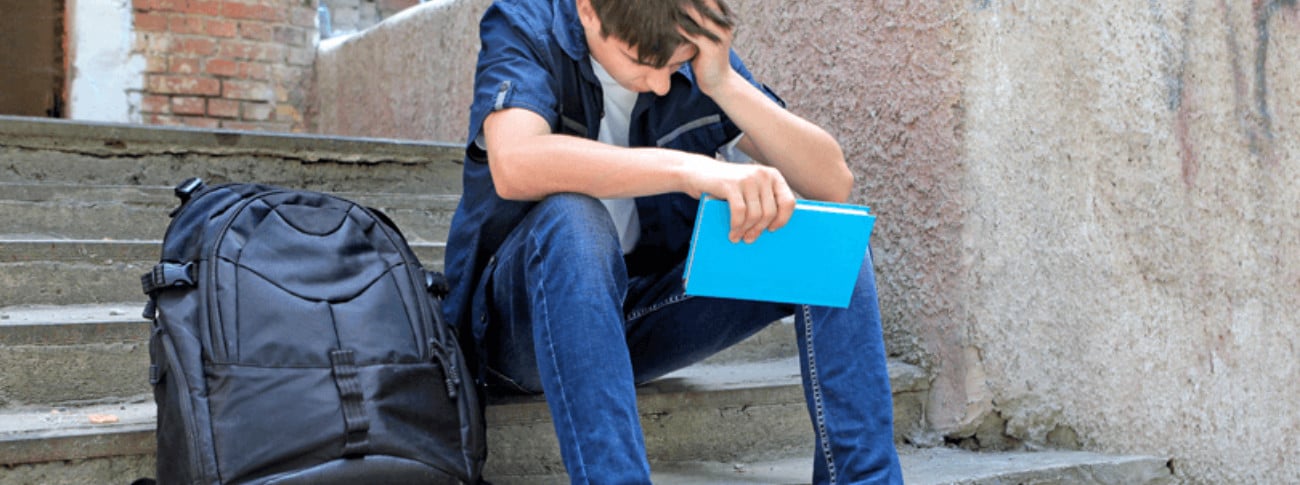Combatting the cycle of exclusion for looked after children
Updated 7th July 2022 | 3 min read Published 1st January 2020

Children interacting with social services are 20 times more likely to be expelled than their peers. At a time when they would likely benefit from more attention and support, vulnerable children are turned away from the school gates, often permanently.
While protocol states that exclusion should be carried out as a last resort, the number of permanent and fixed term exclusions continues to rise. And, once excluded, the figures only become more concerning; only 1% of excluded children go onto achieve five GCSEs.
Research suggests that exclusion builds more barriers than it breaks down, impacting both the immediate and long-term education of the child with many facing unemployment in later life. Excluded children miss out on more than just education, losing time with friends and teachers, all of whom play important roles in a looked after child’s life.
Perhaps most concerning of all are the implications of exclusion on a child’s mental health. A study by the University of Exeter revealed that, while children suffering with psychological distress and mental health problems were more likely to be excluded, their exclusion only acted as a predictor of increased psychological distress a mere three years later. According to a House of Commons Education Committee report on the mental health and wellbeing of children in care, “The mental health of looked-after children is significantly poorer than that of their peers, with almost half of children and young people in care meeting the criteria for a psychiatric disorder.” It seems, in some cases, the odds are against looked after children from the earliest stages of their educational journey.
According to Virtual Schools for Looked After Children, ‘Exclusion of a child in care is not an equal punishment as that of a child living with their family; the consequence can often be loss of their home, not just their education.’ For this reason, it is vital that school staff, the local authority and care workers work to do everything possible to support looked after children to stay in school. Early intervention and communication between carers, social workers and virtual schools is vital; data on the frequency of absences, exclusions and other behavioural areas is integral in managing a child’s PEP.
With resources tight in schools, other solutions are taking the lead in supporting looked after children and the individuals responsible for their care and safety. Looked After Call helps local authorities meet their duty under the Children Act 1989 to safeguard and monitor looked after children. With a combination of manual calling, self-serve portal and automated data extraction (directly from the school's management software- MIS), the system provides secure, accurate and timely reports, enabling virtual schools to identify trends and action early interventions. Flexible reporting allows virtual schools to filter data to their own requirements; information on exclusions, absences, school moves and assessment performance is available with just a few clicks.
Vital performance data pre-populates the student’s online PEP, enabling teams to enhance and update appropriate areas online before circulating to other stakeholders. The secure online system protects student data, reduces time-consuming admin and saves on paper and print related costs whilst improving the quality and accuracy of the PEP.
It’s time to make the most of modern technology and innovative resources to fight back against exclusion for the benefit of vulnerable children. Looked After Call currently monitors thousands of children across 170+ local authorities throughout the UK. Get in touch to find out more and to book a demo today.
